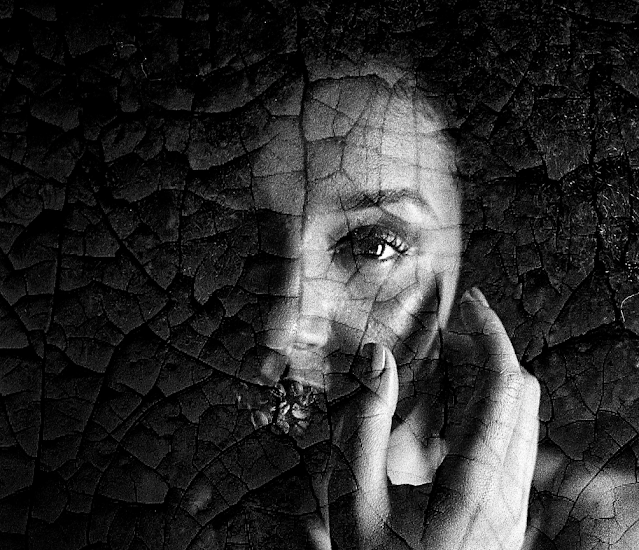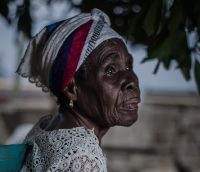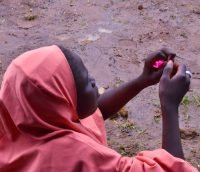 Photo by Mariana Montrazi on Pexels
Photo by Mariana Montrazi on Pexels
By Ruth Ajawu
“A girl should be seen and not heard”, my mother has always said.
These words have been hammered into me for as long as I can remember. Growing up, I was taught not to speak unless spoken to and to maintain the image of the well brought up girl my parents raised me to be. I had no voice, no personality, nothing but silence.
I realized silence had its own variation of sound.
When I was seven, it was empty. An open space where there should have been praise for getting first position in school, becoming the class captain, learning to ride a bike by myself and never making trouble. Instead, I had been praised for my ability to be quiet.
At thirteen, it became static. Comforting. An itchy wool blanket I could wrap around myself. It never felt good, but it was familiar. Something I could depend on. That hollow place inside me grew into the closest thing I had to love.
At fifteen, it echoed with my silent screams. When my uncle touched me for the first time. There had been something beyond the silence. A tiny grain of time filled with unending agony. I wanted to peel off my skin. I felt disgusted and soiled. And when it was gone, the silence took on a new depth. I understood just how endless it could be. I could not tell anyone about it, there was no one who cared enough to want to listen to me. So I remained in my silence each time he would sneak into my room to abuse me over and over.
At eighteen, I discovered a new variation of silence: the sound my heart makes when it stops beating. This was when I found out I was pregnant and told my parents.
“Shhh”, they told me. “We will take care of it”.
How naive I was to think that meant they would make sure my uncle paid for all he did to me. That evening, my parents told me to get into the car. They took me to get rid of the pregnancy.
“There is no need to tarnish the family name with this”, they said to me.
This time, the silence crackled. I wanted to set the world on fire. I was filled with so much resentment, I could feel it burning me from within. I let it eat at me till there was nothing left.
At twenty-one, it was finally quiet. I found a remedy. It made me feel such euphoria like everything was okay and nothing could ever hurt me. It was magical. I never thought it was possible to feel so good and I never wanted it to end. The issue was it did not last long enough. It would stay with me for a while then suddenly run away from me, leaving me feeling worse than I had ever felt. So I had to chase after it and as soon as I could get it, it was magic again. I could not stop chasing after it, I did not want to stop, so I never stopped.
***
One way survivors of sexual and gender-based violence numb the pain is through drug dependency. The allure of drugs presents a deceptive escape, a fleeting illusion that masks the harsh reality of regret and despair. Many think it is an easy choice to make: numb the pain and move on. We know it isn’t. Therefore, we urge survivors to choose a different path: reach out to trusted people or organizations, engage in activities that bring them genuine joy, and always remember their resilience and strength. Choosing a drug-free life is choosing a hopeful future where the scars of abuse may always be there but the pain may only be a memory.
At Shades of Us, we believe that speaking up about rape is a vital step towards healing, and creating a world where survivor silence and shame have no place. However, speaking up about rape must be met with support, especially from families, community and legal structures, and the general public. It is more than just seeking justice; it is about acknowledging the pain and offering unwavering support to survivors, and ensuring rapists and sexual abusers face the consequences of their actions. When these stories are silenced, we perpetuate a culture of invisibility and injustice. Together, let us break this cycle by amplifying these voices, truly listening, and taking meaningful action.





